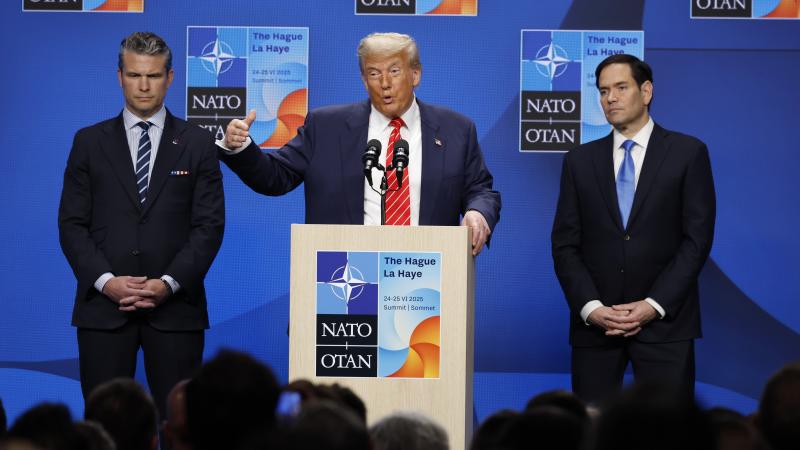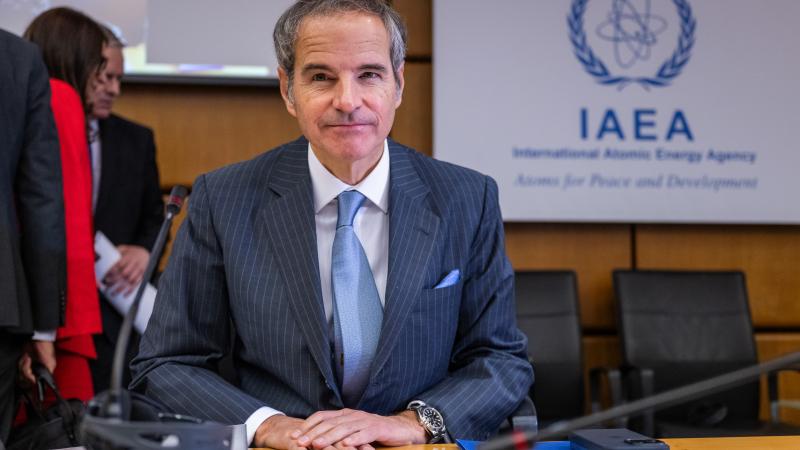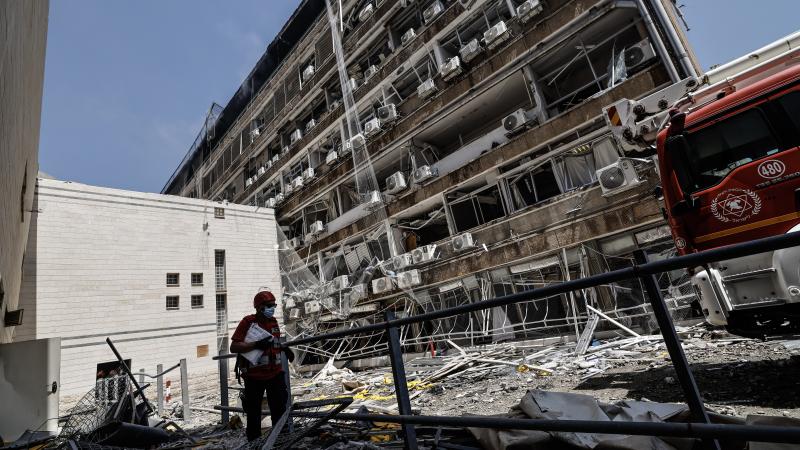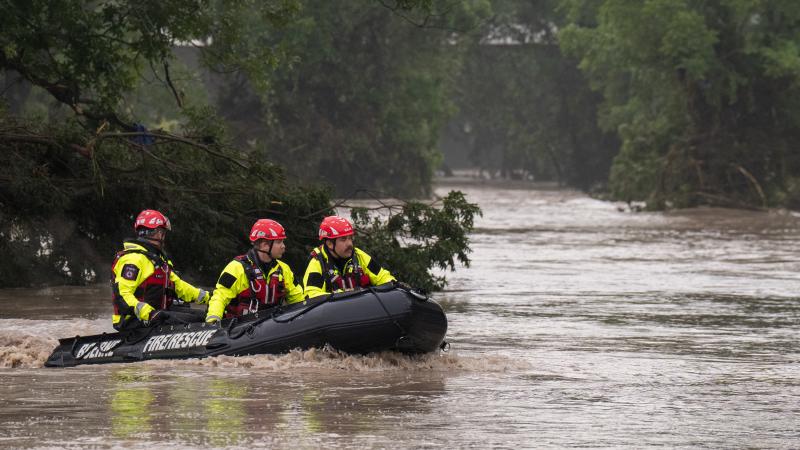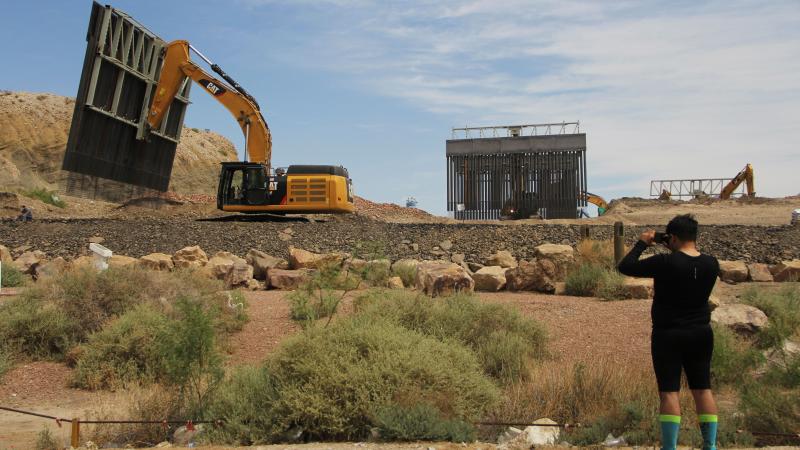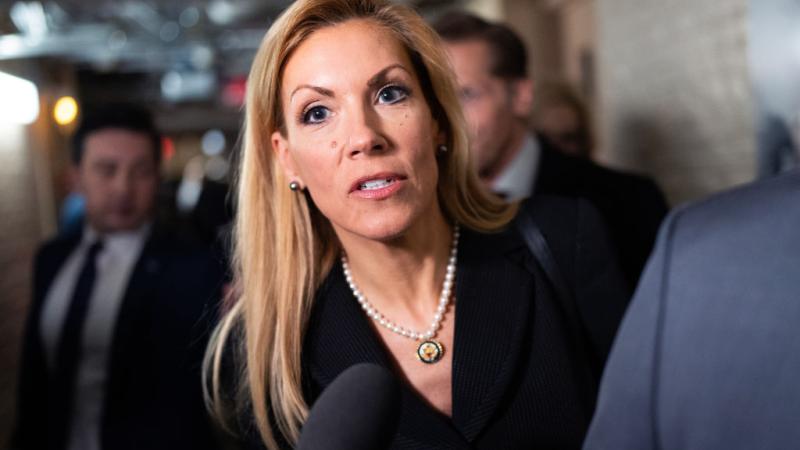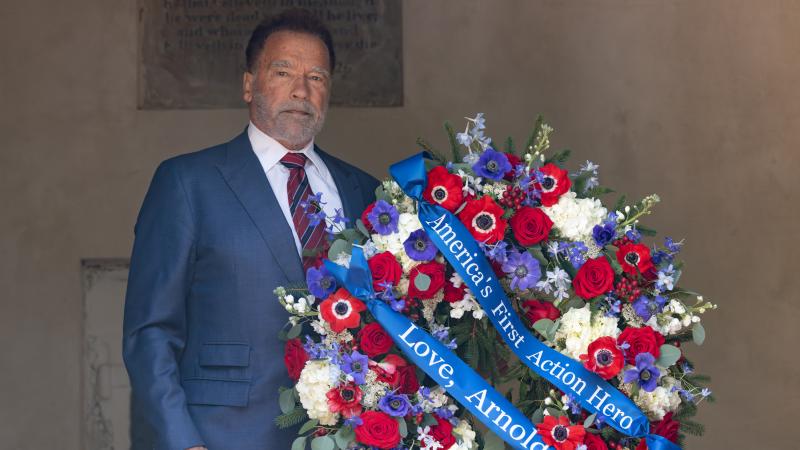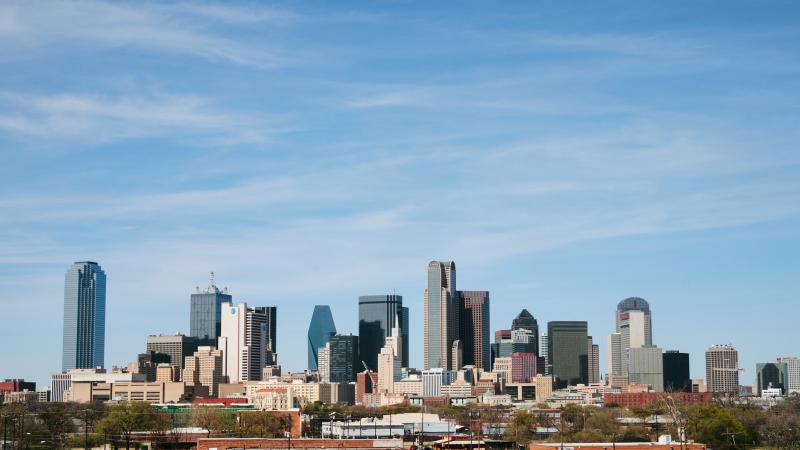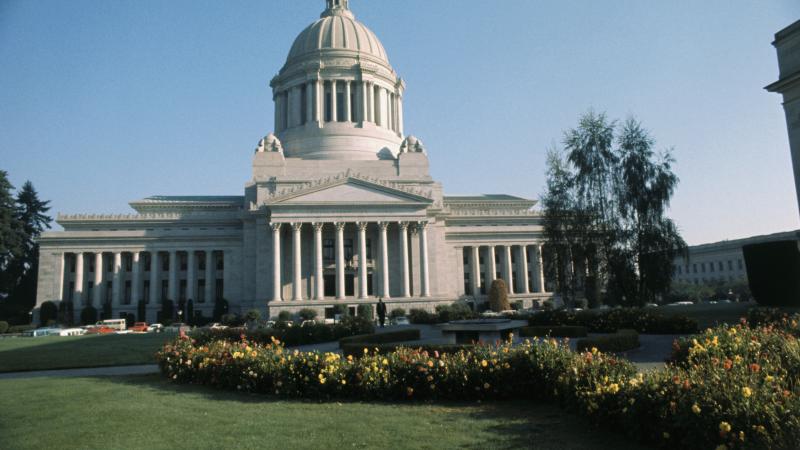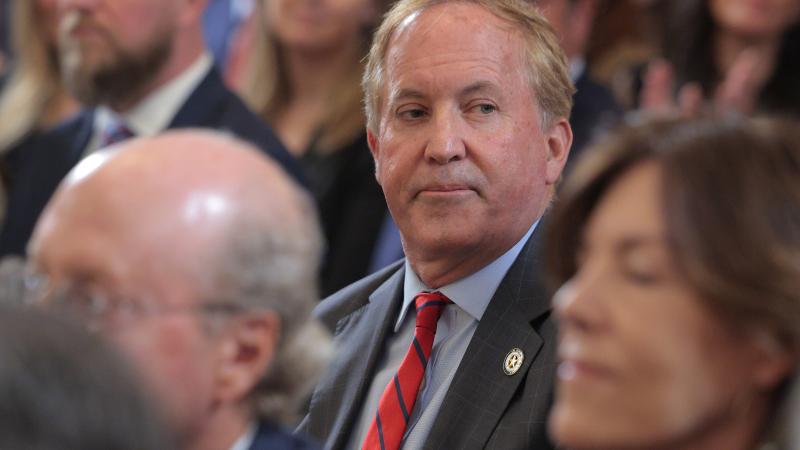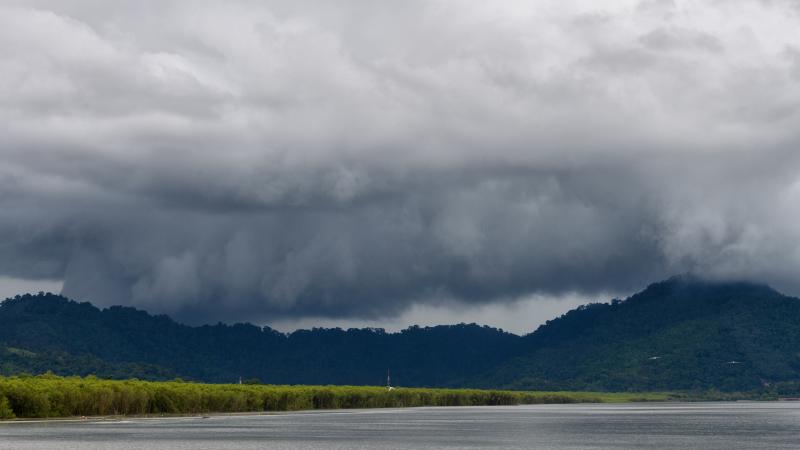Moscow accuses U.S. of boosting Navalny protests in order to contain Russia
Thousands of protesters have taken to the streets of Russia to support jailed opposition figure Alexei Navalny.
As Vladimir Putin continues to contend with civil unrest surrounding the jailing of opposition figure Alexei Navalny, the Kremlin has accused the United States of encouraging the protests as part of a plan to contain Russia.
The most recent focus of Russia's wrath is a Twitter post from Secretary of State Antony Blinken, denouncing actions by police accused of beating and tasering protesters who demanded on Sunday that Navalny be released from jail.
"The U.S. condemns the persistent use of harsh tactics against peaceful protesters and journalists by Russian authorities for a second week straight," Blinken tweeted on Jan. 31. "We renew our call for Russia to release those detained for exercising their human rights, including Aleksey Navalny."
The Russian Foreign Ministry quickly rebuked what it described as American meddling.
"Gross intervention by the U.S. in Russia's domestic affairs is as much an established truth as their 'pushing' fake news and calls for unauthorised actions by Washington-controlled internet platforms," the ministry wrote on Sunday on its Facebook page. "US State Secretary Antony Blinken's support for unlawful actions is yet more evidence of Washington's backstage role."
Washington's motive, the ministry said, was to foment discord in order to keep Russia in check.
"Obviously, actions aimed at encouraging protests are part of their Russia containment strategy," the ministry wrote, saying that the State Department apparently has embraced a 2019 RAND Corporation analysis of nonviolent ways to destabilize Russia.
The ministry posted a link to the report, Overextending and Unbalancing Russia.
In a summary on the RAND website, the report's authors discussed their project and its aims.
"Recognizing that some level of competition with Russia is inevitable, RAND researchers conducted a qualitative assessment of 'cost-imposing options' that could unbalance and overextend Russia," the authors wrote. "Such cost-imposing options could place new burdens on Russia, ideally heavier burdens than would be imposed on the United States for pursuing those options."
The authors examined a number of methods, including advocating domestic resistance. While the authors examined that possibility, they also wrote that the method likely wouldn't work.
"Encouraging domestic protests and other nonviolent resistance would focus on distracting or destabilizing the Russian regime and reducing the likelihood that it would pursue aggressive actions abroad, but the risks are high and it would be difficult for Western governments to directly increase the incidence or intensity of anti-regime activities in Russia," the authors wrote.
Moscow nevertheless holds the West accountable for the protests that have brought tens of thousands of people into the streets in support of Navalny.
"We demand that all interventions in the domestic affairs of foreign states be stopped and remind others of their responsibilities," the government's Roskomnadzor censorship agency announced on Sunday.
The accusations echo others from last week, when Russia claimed that the U.S. Embassy in Moscow advised people to attend specific demonstrations. The advisories actually were warnings, the embassy said, designed to keep Americans out of harm's way.
The crackdowns and accusations come as Moscow increasingly wrestles with popular sentiment surrounding opposition figure Navalny.
The anti-corruption activist was arrested last month when he returned to Moscow after convalescing for months in Germany from being exposed to a nerve agent while traveling. Navalny accused Moscow of poisoning him with the nerve agent, Novichok. Moscow denied the claim, and alleged that the Kremlin critic works with the CIA.
The opposition activist's January arrest spawned a dynamic wherein Navalny seems often to be one step ahead of the Kremlin. When the dissident was detained, his supporters released a video purporting to show an opulent, $1.35 billion Black Sea estate described as "Putin's palace." The video depicted an extravagant property with an ice rink, theater, strip club, casino, vineyards, and other lavish features. The video was viewed widely throughout Russia and created an uproar, prompting a Putin associate to claim that he, not Putin, owns the property and plans to convert it into a hotel and apartments.
The conflict between an entrenched Putin and challenger Navalny is risky for both, according to a U.S. intelligence analyst who specializes in Russia.
"Moscow could clamp down hard on Navalny, applying whatever criminal statutes they can, and cost him his freedom," the analyst told Just the News. "But that would easily backfire, and bring even more support for Navalny."
Moscow likely will continue to blame the West for its internal problems, the analyst said. But, he noted, "that won't solve their Navalny issue."
A Russian court on Thursday upheld a 30-day pretrial sentence for Navalny, who is charged with violating probation while recuperating in Germany from being poisoned. The dissident faces a hearing on Tuesday that will consider whether to modify a previous suspended sentence into a 3 1/2-year prison term for what supporters say is an invalid charge.

